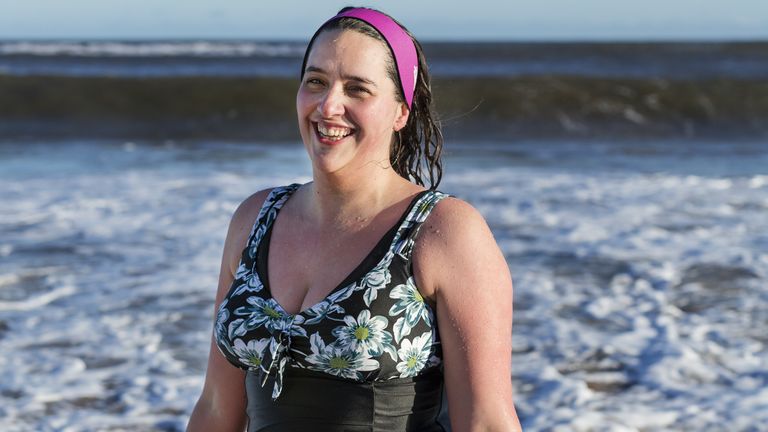Before contracting COVID, Susannah Thompson lived an active life.
She worked 10-hour shifts as a GP, loved ballet and swam as much as she could.
But since 2020, she has been dealing with long COVID and her life has been turned upside down.
“I would be the mum crawling through soft play, going down the slides.
“Now I’m the mum who is at home in bed whilst they’re somewhere else without me, and that is really, really, hard.”
There are around two million people currently living with long COVID symptoms in the UK, but there are still lots of unknowns.
For example, there is no standardised test, or even a globally recognised definition.
Susannah is still coming to terms with the symptoms of long COVID.
She says at the start, it felt like she was physically improving but realised the relief she felt would only be temporary.
“You get this cycle where one day you’re okay, and you think ‘oh I’m alright today’ so you try and do a little bit more.
“You sit up longer, read a story with your kids.
“But the next day you can’t move. [Even] the duvet is too heavy.”
Researchers at Leeds University think that their new study may help.
It found “impressive results” with its long COVID programme, which was based on a “gradual or paced increase” in a patient’s physical activity.
The study followed 31 people with long COVID symptoms for six weeks.
At the start of the study, it says patients reported an average of three “crashes” a week, where they were left “physically, emotionally or cognitively exhausted”.
But by the end of the study, this was reduced to an average of one crash a week.”
Dr Manoj Sivan, associate clinical professor in the School of Medicine, supervised the research project.
“When patients get a crash, they experience feelings of complete exhaustion and wipe out and are unable to resume activities for hours or sometimes days,” he said.
Read more:
Three types of long COVID identified with different symptoms
How long COVID ruined my life, from crushing fatigue to brain fog
“The findings of this research are exciting because this is the first time that crashing episodes have been used as a marker for the condition and a structured pacing programme has now been shown to substantially reduce symptoms and improve quality of life.”
But the study is keen to stress the focus should be on “physical activity” rather than exercise and should be paced as well as monitored for safety and effectiveness.
“This study is not about pushing people through and forcing them to do activity, this is a gradual return to activity by following a pacing protocol,” explains Dr Sivan
Susannah says the study is a positive move in the right direction but adds that much more work needs to be done.
“I’ve come to a point where I don’t know what the future is. The doctors I trust and respect the most are the ones that openly say, ‘we don’t know’… but we can hope.”
Click to subscribe to the Sky News Daily wherever you get your podcasts












